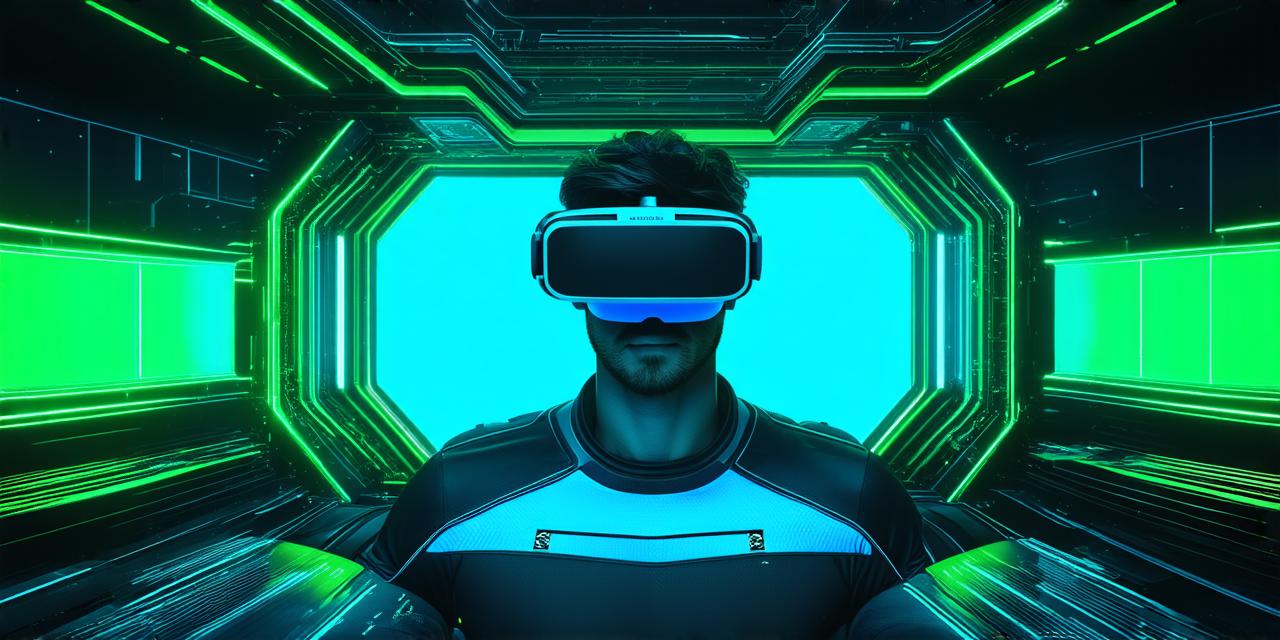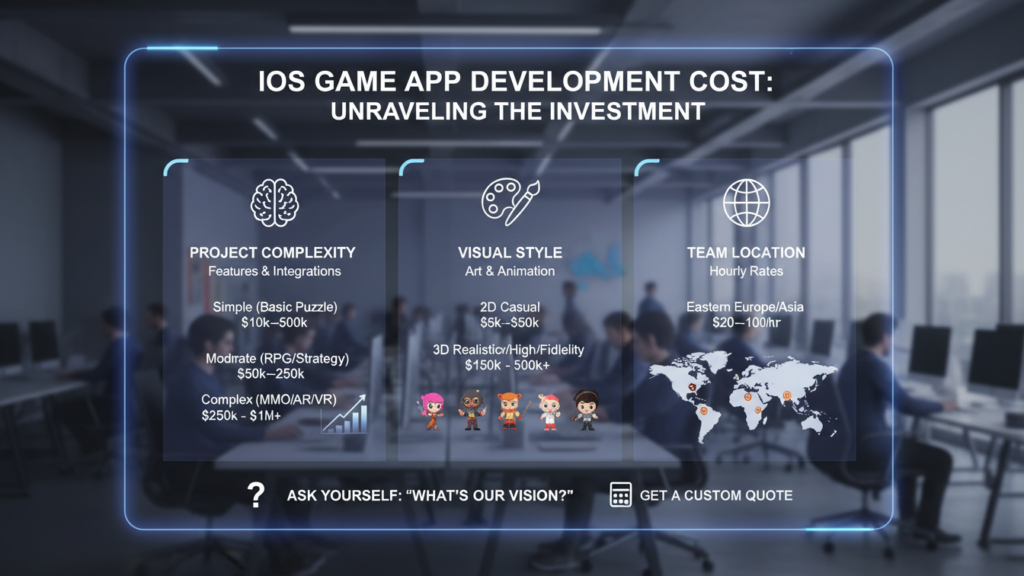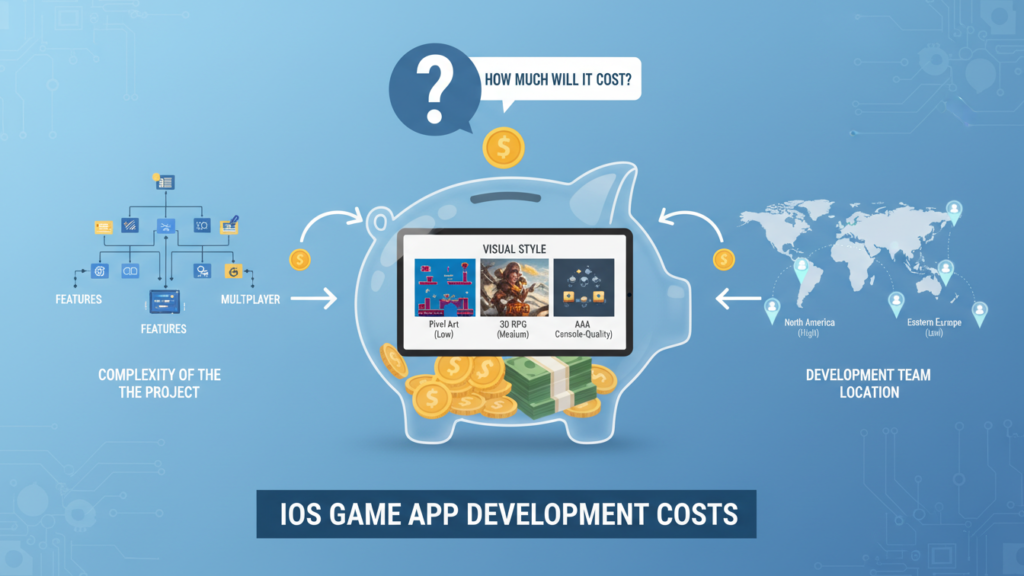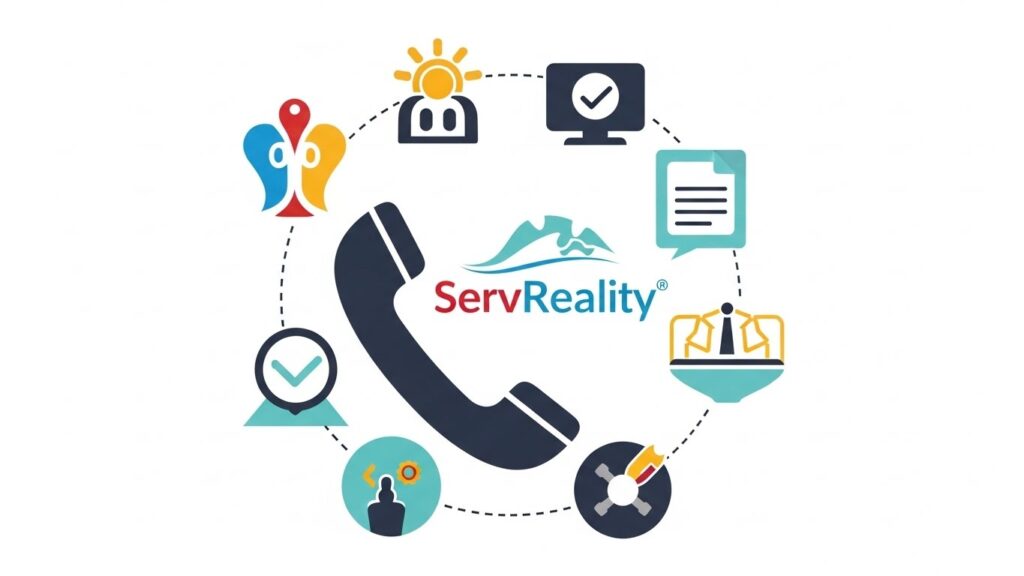The Future of Virtual Reality App Development
Virtual reality (VR) is revolutionizing the way we interact with technology and is becoming increasingly popular in various industries such as gaming, healthcare, education, and more. In recent years, there has been a surge in virtual reality app development as developers look to capitalize on this growing market.
Virtual reality is an immersive technology that allows users to experience a simulated environment as if they were really there. This technology has been around for several years, but it’s only recently that we’ve seen the development of virtual reality apps that are accessible to everyday consumers.
As virtual reality continues to evolve, it’s likely that we will see more innovative and creative applications of this technology in various industries.
Virtual Reality App Development Technologies
There are several technologies that are being used in virtual reality app development, including:
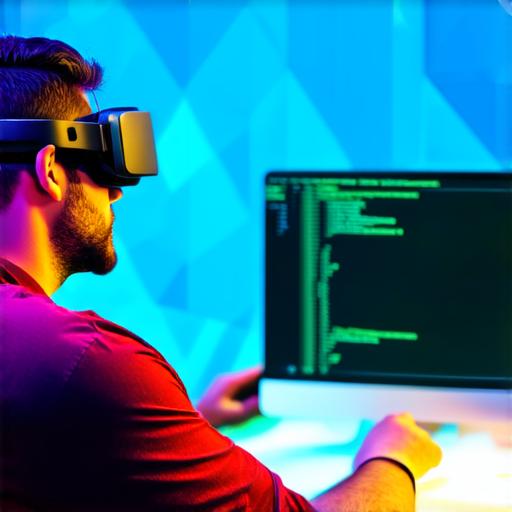
- Unity 3D – This is a popular game engine that can be used to create virtual reality apps. It includes a range of tools and features that make it easy for developers to create immersive environments and interactive experiences.
- A-Frame – This is a web framework that allows developers to build virtual reality experiences using HTML, CSS, and JavaScript. It’s an open-source platform that makes it easy for developers to create and share virtual reality content.
- Unreal Engine – This is another popular game engine that can be used to create virtual reality apps. It includes a range of tools and features that make it easy for developers to create highly realistic and immersive environments.
- Vuforia – This is a platform that allows developers to create augmented reality (AR) and virtual reality experiences using a range of devices, including smartphones and tablets.
Virtual Reality App Development Challenges
Despite the potential benefits of virtual reality app development, there are several challenges that developers must overcome in order to create successful virtual reality apps. These challenges include:
- Limited hardware – Virtual reality technology is still relatively new and expensive, which means that not everyone has access to the latest virtual reality hardware. This limits the number of people who can experience virtual reality content.
- Motion sickness – Some people experience motion sickness when using virtual reality technology, which can be a significant barrier to adoption. Developers must work to reduce motion sickness by optimizing their virtual reality apps for different devices and environments.
- Development costs – Creating a virtual reality app can be expensive, especially if you need to hire specialized developers with the necessary skills and expertise. This can make it difficult for small businesses and startups to enter the virtual reality app market.
- User experience – Virtual reality apps must be designed with the user in mind, ensuring that they are intuitive, easy to use, and provide a seamless and immersive experience. Developers must also consider factors such as lighting, sound, and haptic feedback in order to create a truly immersive experience.
Summary
Virtual reality app development is an exciting and rapidly growing field that has the potential to revolutionize the way we interact with technology. As virtual reality continues to evolve, we can expect to see more innovative and creative applications of this technology in various industries.
